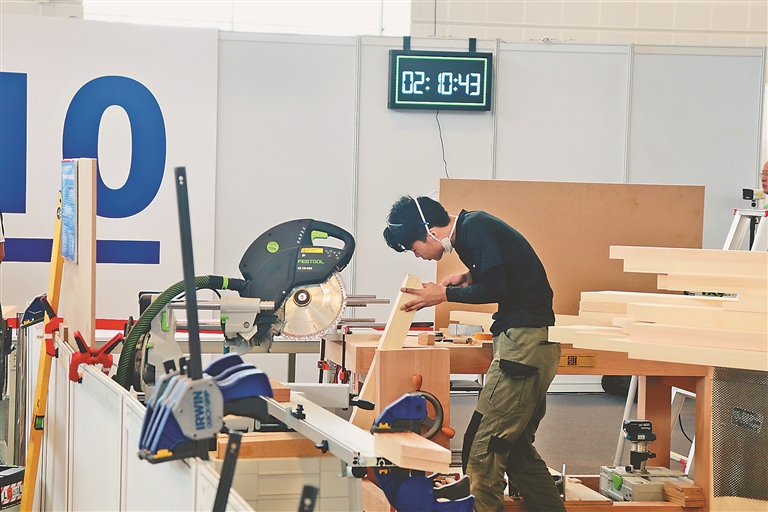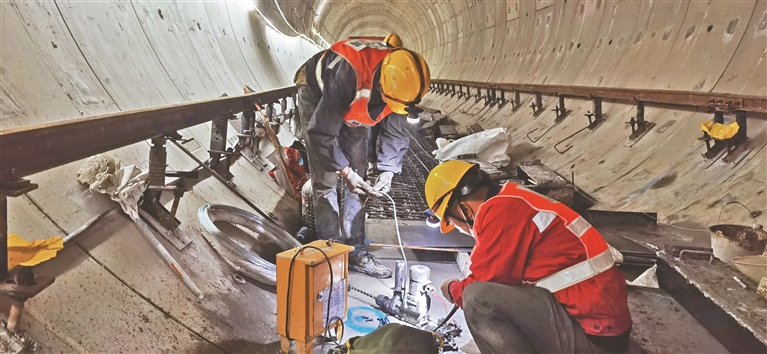
First impressions matter -- especially to new employees. In fact, a April 2013 study of 230 organizations by Aberdeen found that 90 percent of organizations believe employees make the decision to stay or leave within their first year.
After successfully recruiting and selecting top talent, one of the primary ways a company can improve their talent-management process is by implementing an effective onboarding system. An onboarding system designed with employees’ needs in mind will help create a smooth transition for new hires and create a positive impression for employees.
It’s time to take a walk in the employee’s shoes. Here are six things news hires want from orientation and onboarding programs:
1. Company tour
New hires don’t want to begin their first day with a stack of paperwork. 58003
Successful onboarding programs make socialization a priority. A new hire’s ability to network within the workplace will help to create a comfortable work environment for new employees and increase the likelihood for early success.
2. On-the-job training
On-the-job training provides new employees with an opportunity to develop their skills and knowledge to better suit company needs. According to a 2013 survey of more than 3,900 U.S. employees by CareerBuilder, 35 percent of workers agree that increasing on-the-job training and development opportunities entices them to stay with a company.
Due to the various learning styles of employees, implementing hands-on training in the workplace, rather than just having employees read one manual after another, will help to reach all candidates.
3. Mentorship program
The buddy system has been tried and true from our elementary school days to our work days. providing new hires with a seasoned mentor will further aid in assimilating employees. Having a go-to person for questions, comments and concerns is a huge comfort for employees just starting off and can help to combat new job jitters.
4. Continued development
Traditional onboarding programs are short lived, lasting anywhere from one day to one week. The aforementioned Aberdeen research revealed that only 15 percent of organizations extend the onboarding process beyond six months.
Short-term onboarding strategies are not effective in retaining employees or improving productivity and engagement. Instead, companies should strive to take the onboarding process beyond traditional timeframes in an effort to provide continued employee development.
This can be done by regularly checking in with new employees through informal one-on-ones, surveys or the like to learn if their experience is consistent with the onboarding process. Additionally, offering employees relevant training and development opportunities will ensure employees are performing at their very best.
5. Automated experience
Simplify the onboarding process for employees and employers alike by adopting a paperless onboarding system. Automating portions of the onboarding experience makes it easy to assign, track and store new hire paperwork and tasks, saving both time and money.
Implementing technology in the onboarding process will make it easier to get the necessary paperwork out of the way so the focus can be on other aspects of employee assimilation. Automating onboarding will enable employees and employers to easily refer back to onboarding information when needed.
6. Opportunity to provide feedback
This final employee expectation is particularly beneficial to employers: audit your onboarding process with new hire feedback. After the initial onboarding has been completed, ask new hires for their opinions on the overall process. What did they enjoy most? 58003 Employee assessment will help to better tailor the onboarding process to the needs and desires of new hires.
What aspects of your onboarding process do employees appreciate most? please share your experiences in the comment section below.
 世纪金融网
世纪金融网








